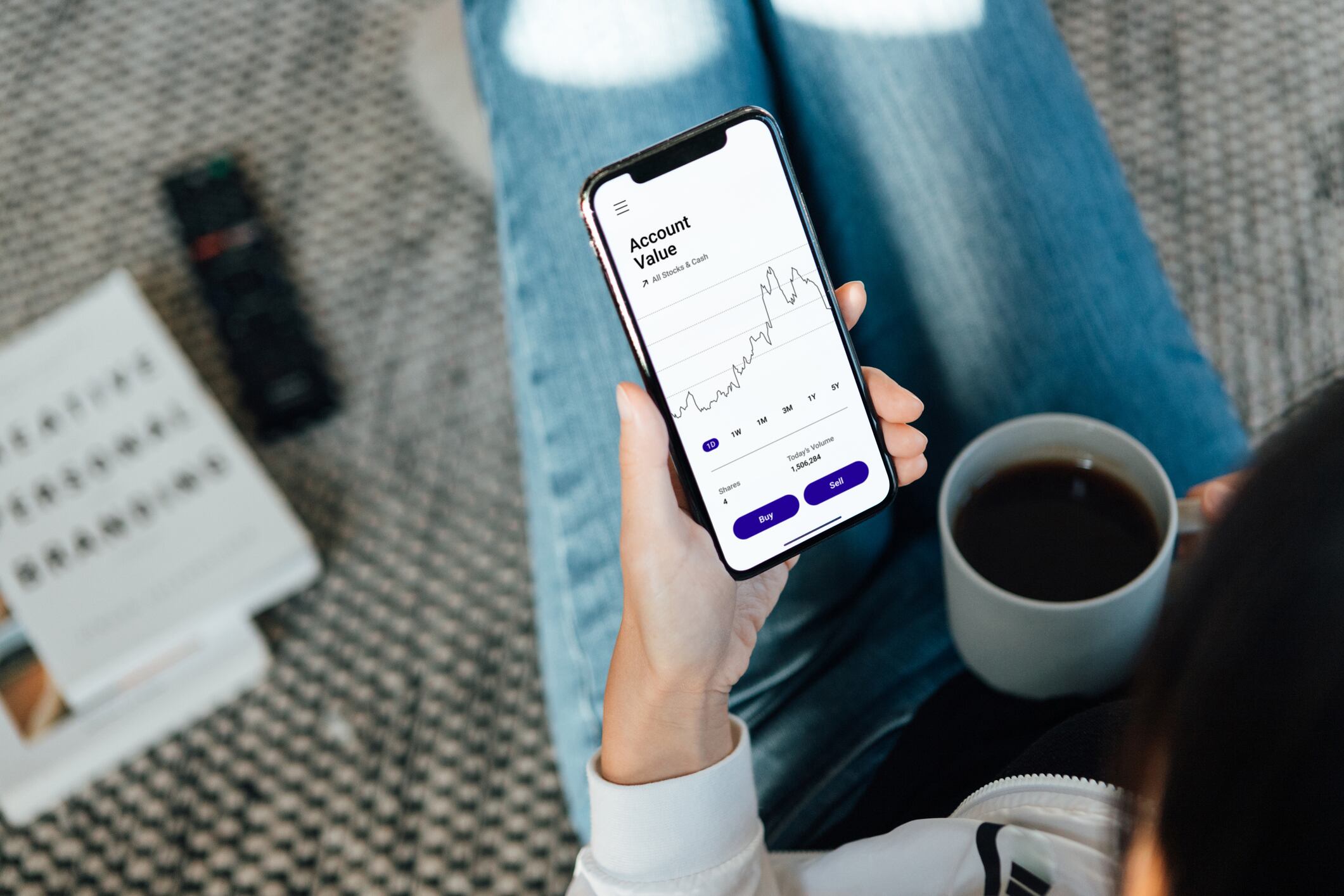Since GameStop ($GME) and other "memes stocks" took Wall Street by storm last January, federal regulators have weighed concerns over how to protect retail investors from fraud and volatility while also trying to maintain their increased access to financial markets.
Yet multiple public hearings and comments from top officials later, the Securities and Exchange Commission (SEC) and Wall Street's self-regulator Financial Industry Regulatory Authority (FINRA) have made few concrete changes around retail investing.
This may be a relief for those who see the retail investment boom as an unalloyed good, but others are eagerly awaiting guidance on what the growth of retail investors means for a regulatory framework that was built for a very different world — where investors traded through paid brokers rather than zero-commision investing apps such as Robinhood and E-Trade.
A much-hyped congressional hearing in February titled "Game Stopped? Who Wins and Loses When Short Sellers, Social Media, and Retail Investors Collide" gave investors a taste of what debates might inform any regulatory changes, but few major developments followed.
"I think there's been very few concrete changes since that time, though there's been a lot of regulatory discussion," said Jennifer Schulp, a director of financial studies at the Cato Institute, a libertarian think tank, who testified at the hearing.
In the meantime, retail investing continues to grow. Morgan Stanley reported in June that retail investors made up 10 percent of the Russell 3000 index, after peaking at 15 percent in September 2020, as many investors piled into the market during their pandemic downtime.
Schulp added that any new regulations will have to be weighed against the desire among retail investors to hold onto their expanded access to the stock market. "There's not a lot of interest from retail investors [in] being protected out of the market," she said. "They're very interested in maintaining and even expanding the amount of options and choices that they have."
Digital Engagement
One area where the SEC has made tentative steps is in seeking more information on what the agency calls "digital engagement practices" by brokers and investment advisors.
Broadly, the agency defines these practices as "behavioral prompts, differential marketing, game-like features (commonly referred to as gamification), and other design elements or features designed to engage with retail investors on digital platforms."
Put more simply, the agency is scrutinizing the very features that make app-based investing easy and appealing to newcomers, while also recognizing their relative benefits.
"While new technologies can bring us greater access and product choice, they also raise questions as to whether we as investors are appropriately protected when we trade and get financial advice," SEC Chair Gary Gensler said in a statement.
The agency issued a request for information and comments in August, but it has yet to put out any recommendations for legislators or propose regulations based on what it found.
"I suspect we'll start seeing the fruits of that process at some point in 2022," Schulp said.
This kind of broad information-seeking from the SEC doesn't tell us much about what the agency might do specifically in terms of new rules, but it does suggest that it has its eye on how trading apps and other digital investing platforms communicate information to their users.
Social media platforms such as Twitter, Facebook, and particularly Reddit, which was widely seen as helping stoke the meme stock craze, have also emerged as a potential target for regulators, but the path to sensible regulation in that area is even less clear.
As some financial commentators have pointed out, including former SEC Chair Jay Clayton, the SEC would likely have a hard time trying to police all investment-related speech on the internet.
So far, at least, the SEC and FINRA have stuck to simply advising retail investors to use extreme caution when receiving information about investing online, whether it's coming from the depths of a Reddit forum or from a well-meaning relative on Facebook.
Curbing Options Trading
Another area where regulators have made some progress this year on shaping a regulatory response to retail investing is in exploring new limits on options trading.
Options contracts, which are derivatives products that allow investors to buy or sell an underlying asset at a set time, are considered much riskier than investing in equities. As a result, incidents of retail investors getting in way over their heads with options trading have garnered criticism from those who believe trading apps aren't communicating risks well enough.
Indeed, FINRA issued its largest fine ever to Robinhood in June because, among other issues, the firm approved thousands of customers to trade options "even when it was not appropriate for the customers to do so," according to a statement from the agency.
Enforcement actions aside, however, regulators are still in the early stages of issuing new rules.
The Wall Street Journal reported last week that FINRA plans to solicit comments from market participants in the coming weeks about trading in options and other complex financial products.
Current rules around options trading require brokers to do extra due diligence into a client's financial background before approving a trade, but this framework was designed decades before investors could buy an options contract with a click of a button.
"We share the concerns raised by the SEC and others that retail investors may be opening accounts to trade options and other complex leveraged products without fully appreciating the risks involved," said Robert W. Cook, president of FINRA, in comments to the House Financial Services Committee.
He noted that FINRA was also exploring whether the growth of retail trading required an overhaul of existing rules, though he added that any changes would have to be done in close consultation with the SEC, which has yet to release specific recommendations.
"This may have the effect of limiting retail investor access to options trading, but again it's a little too early to say what that might look like," Schulp said.



